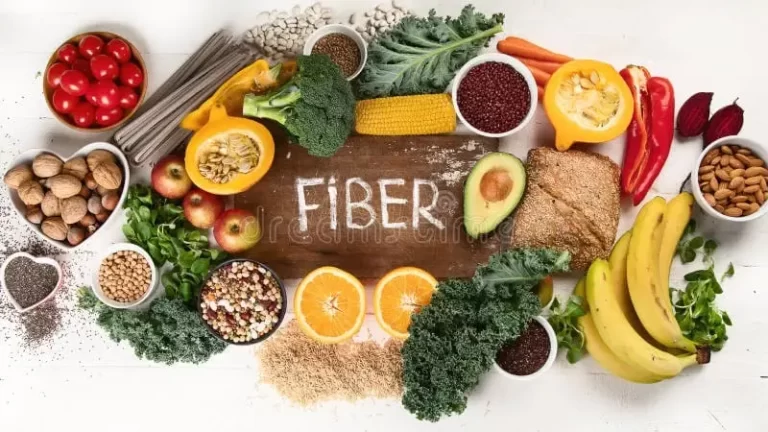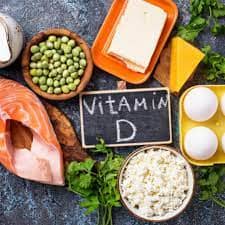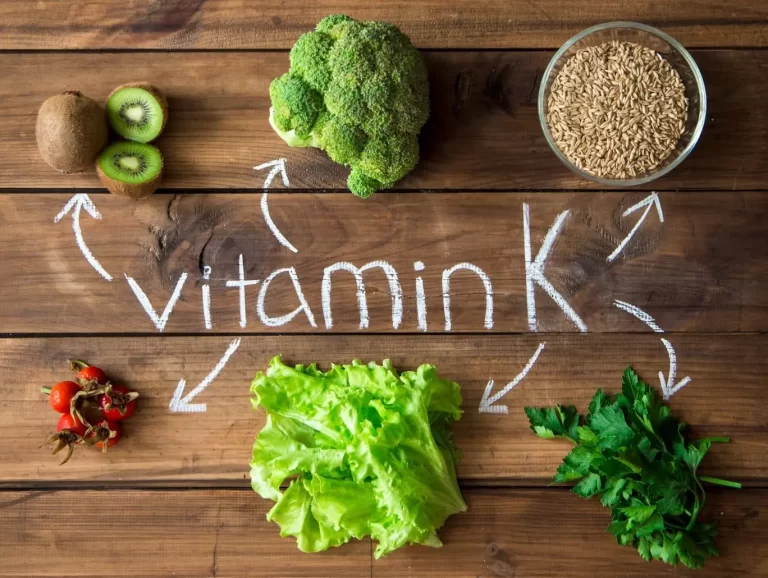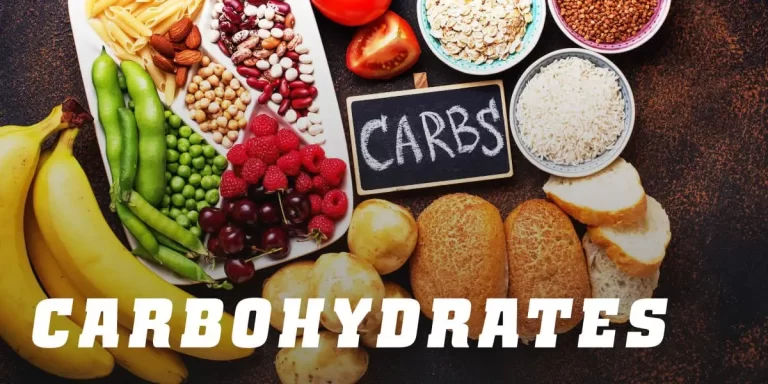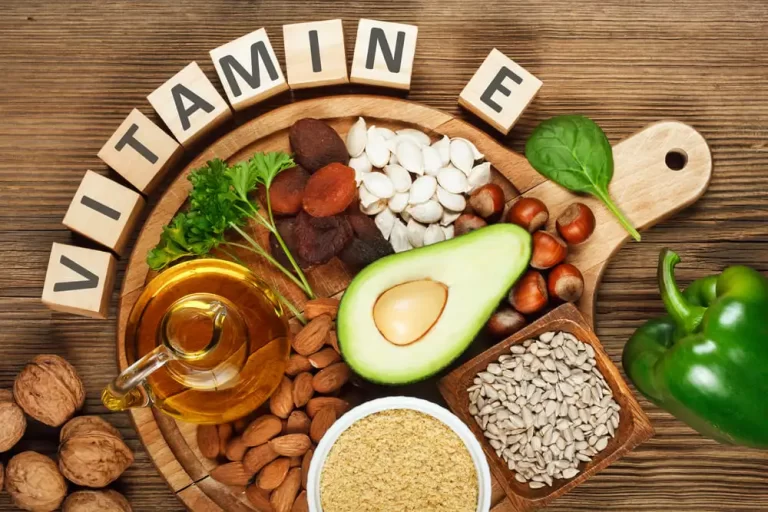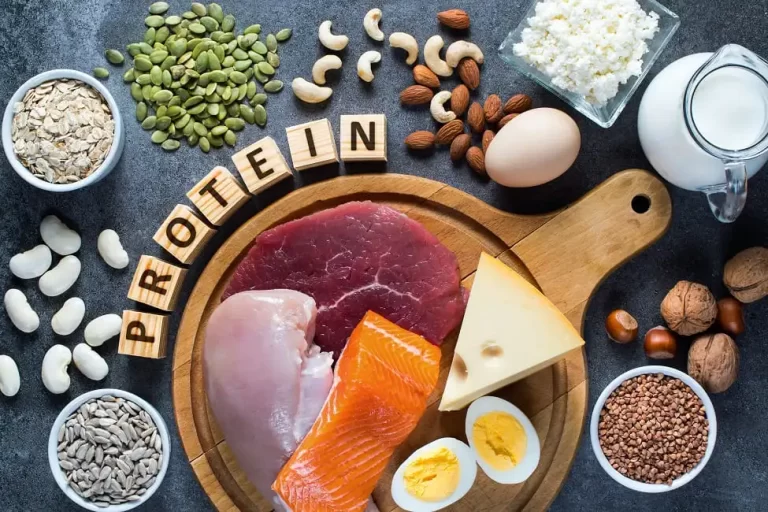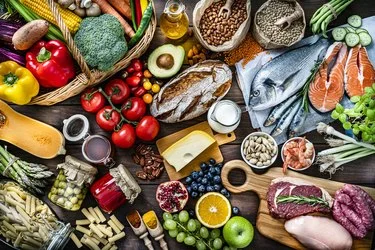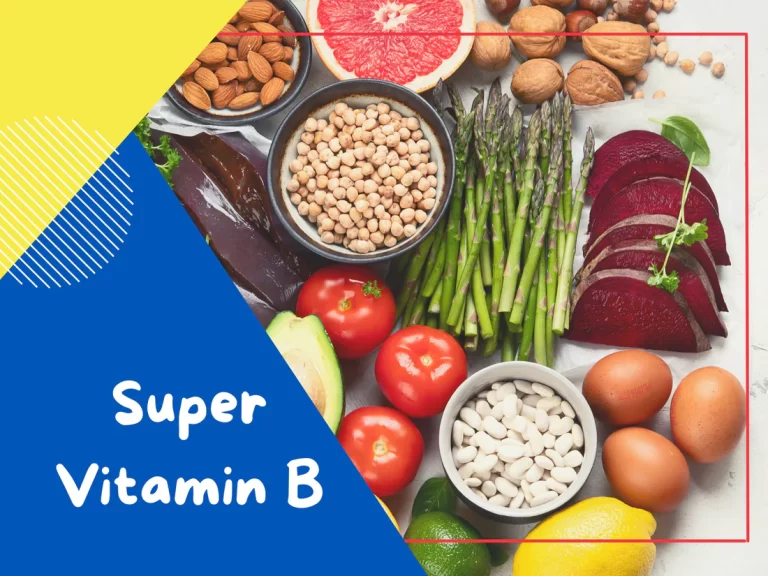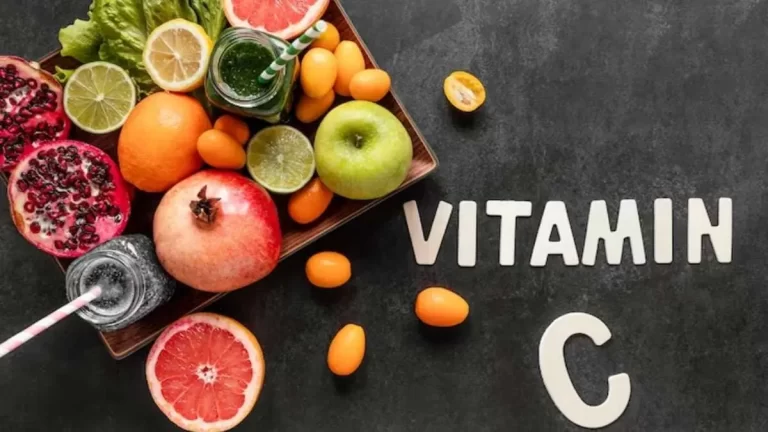Dietary Fiber
What is a Dietary Fiber? Roughage, or dietary fiber is the part of food originating from plants that human digestive enzymes are unable to fully break down. The chemical makeup of dietary fibers varies, but they can be broadly categorized based on factors like solubility, viscosity, and fermentability that influence the body’s processing of the…

